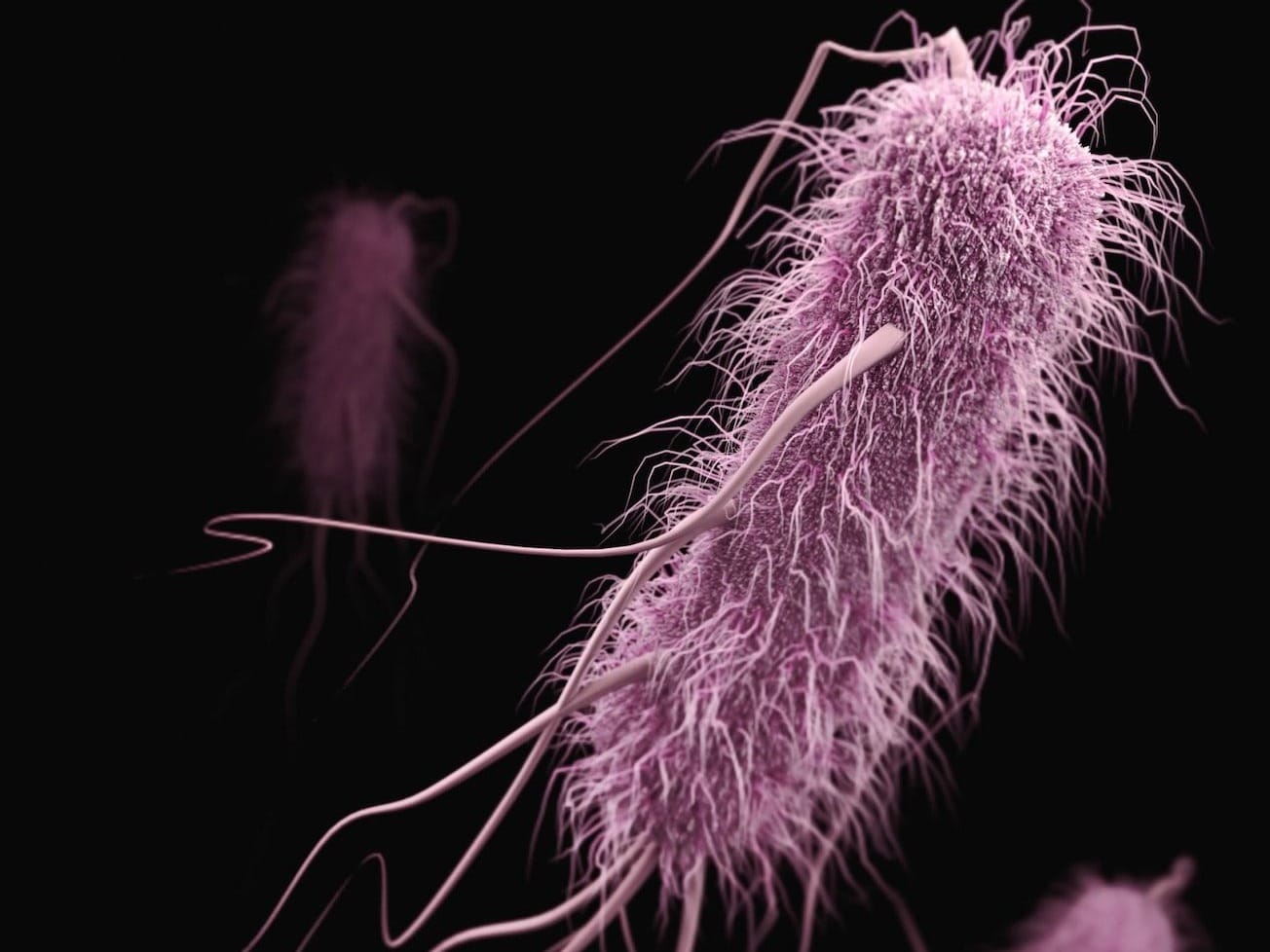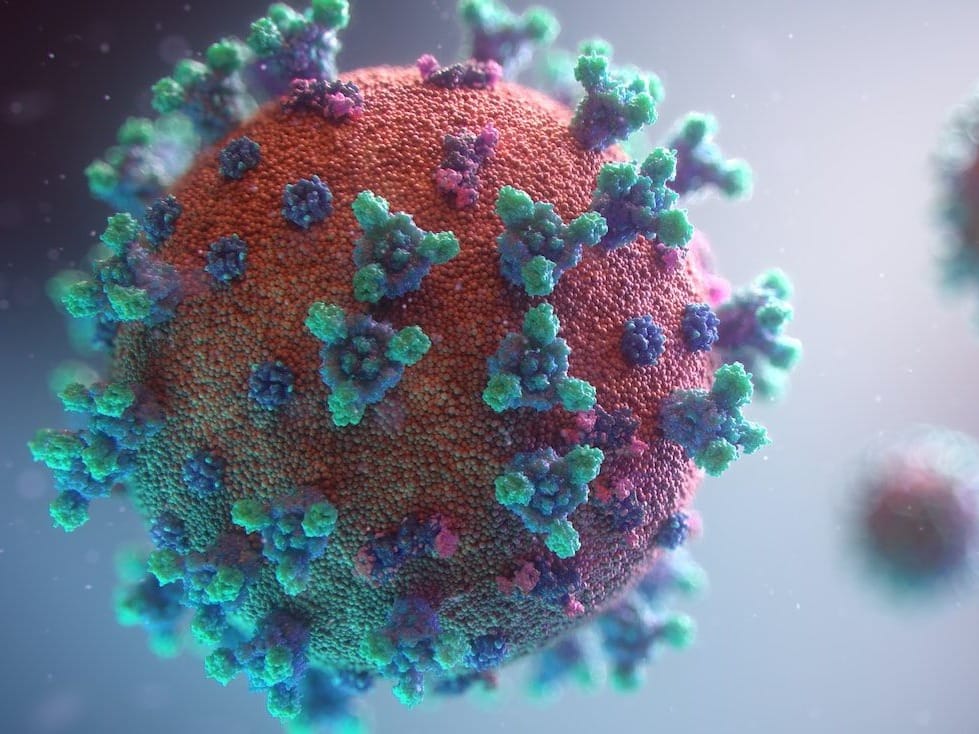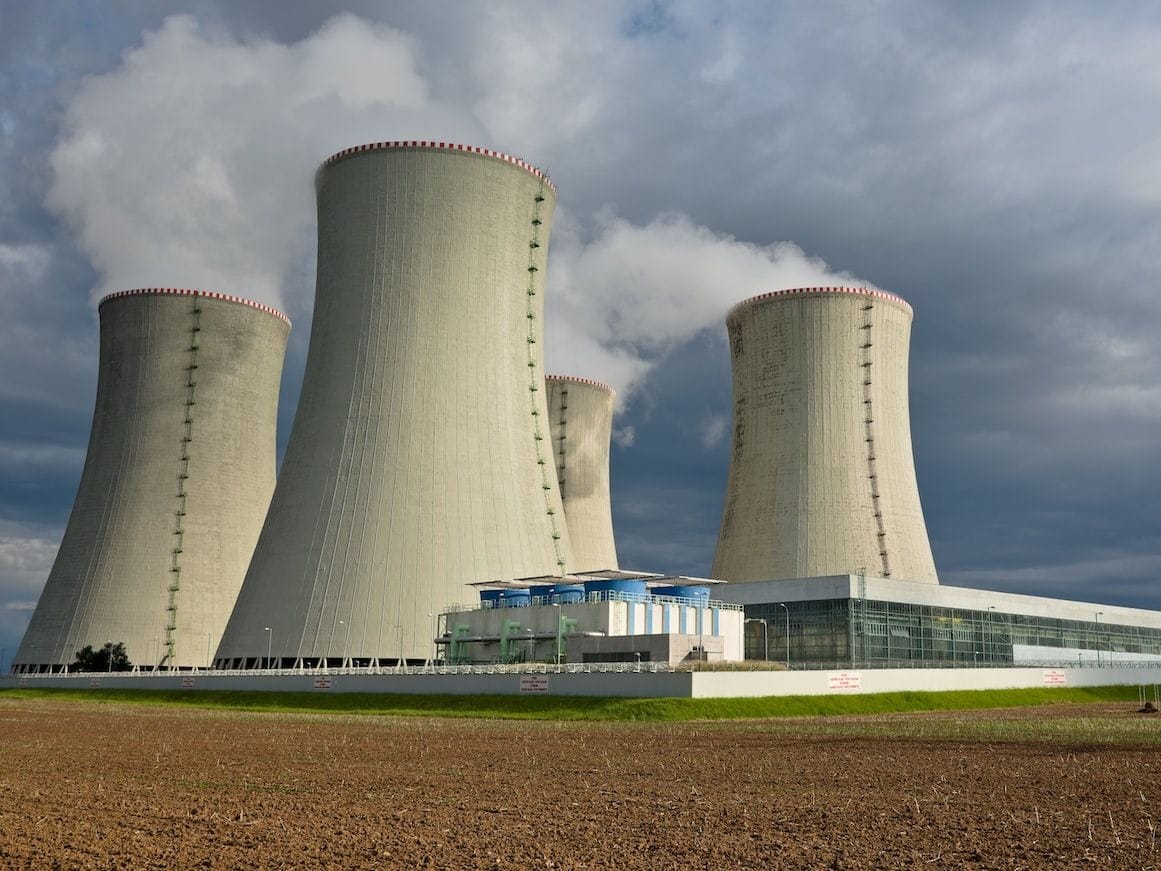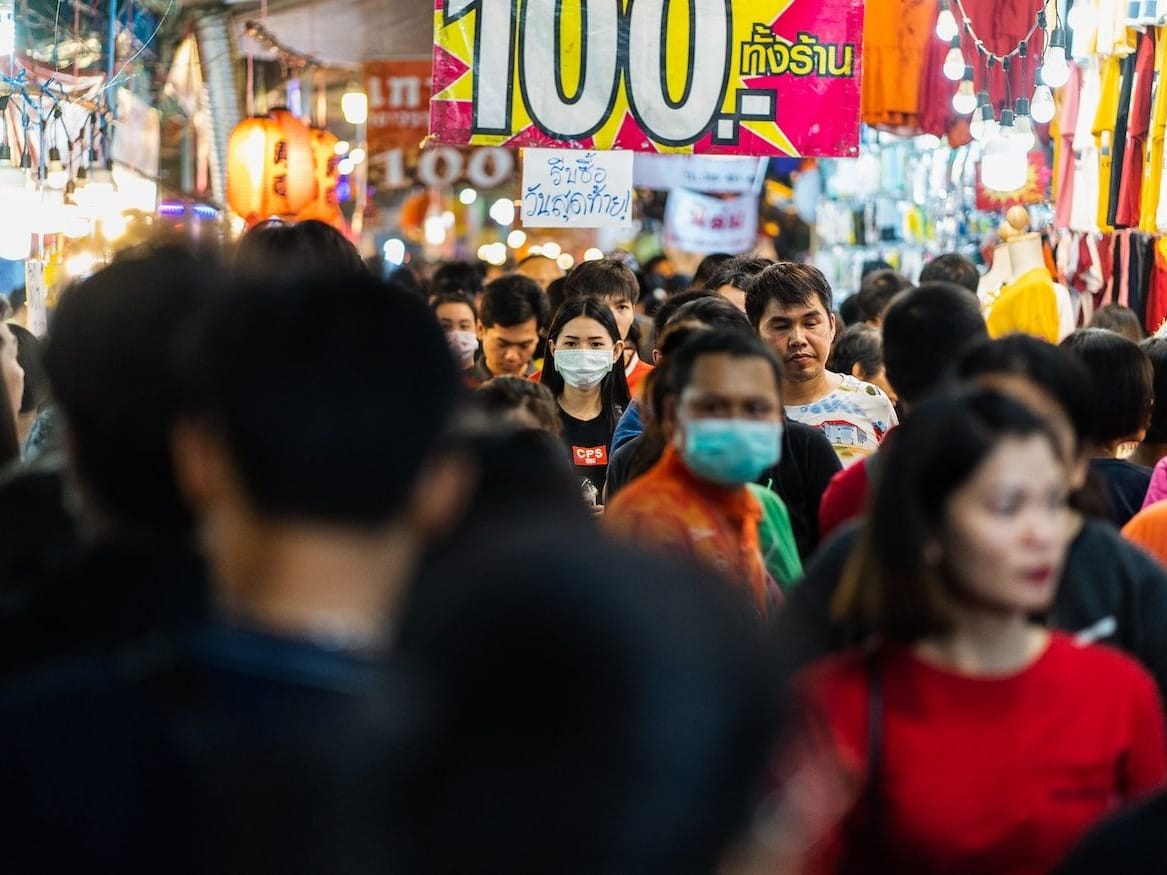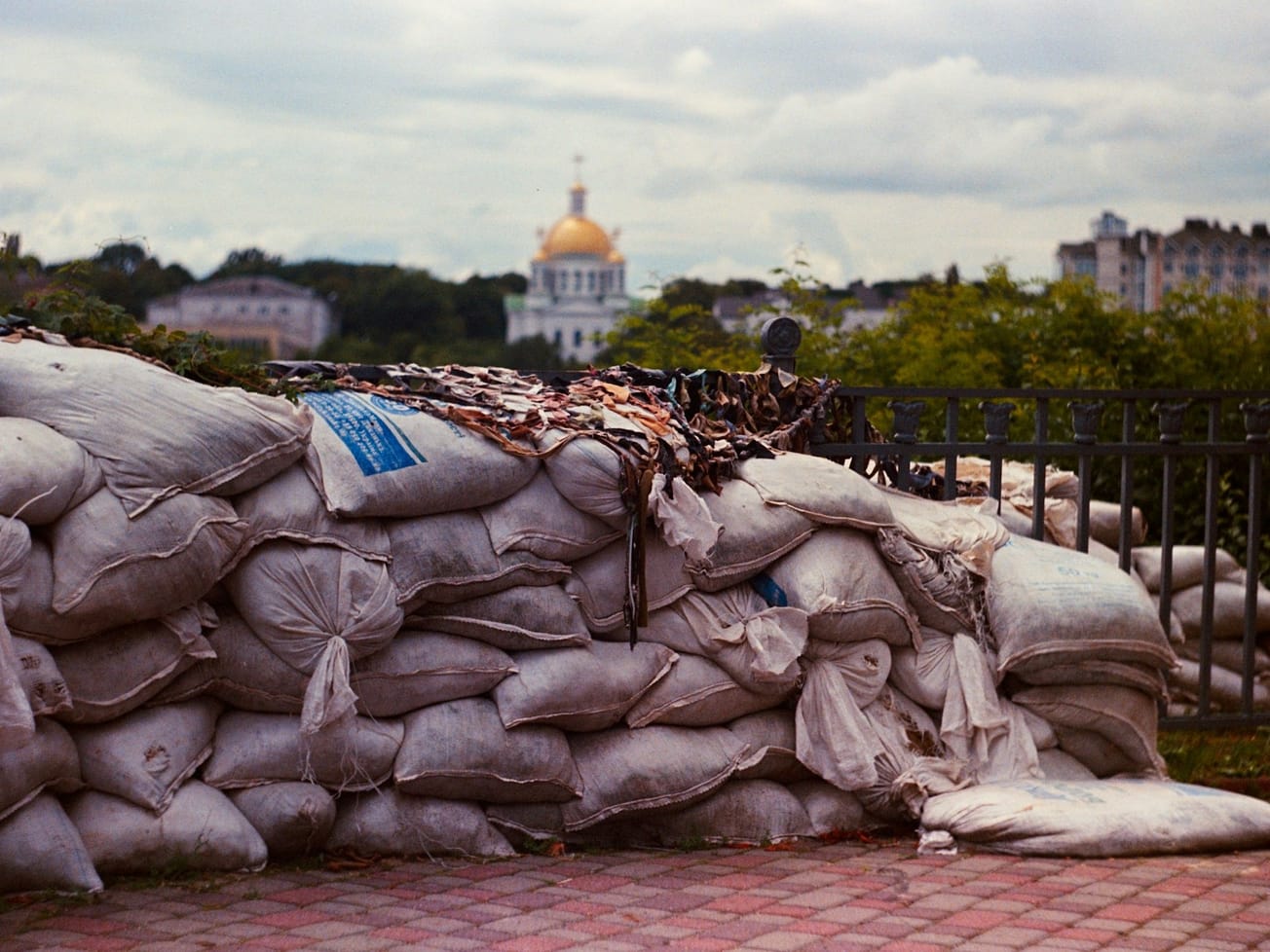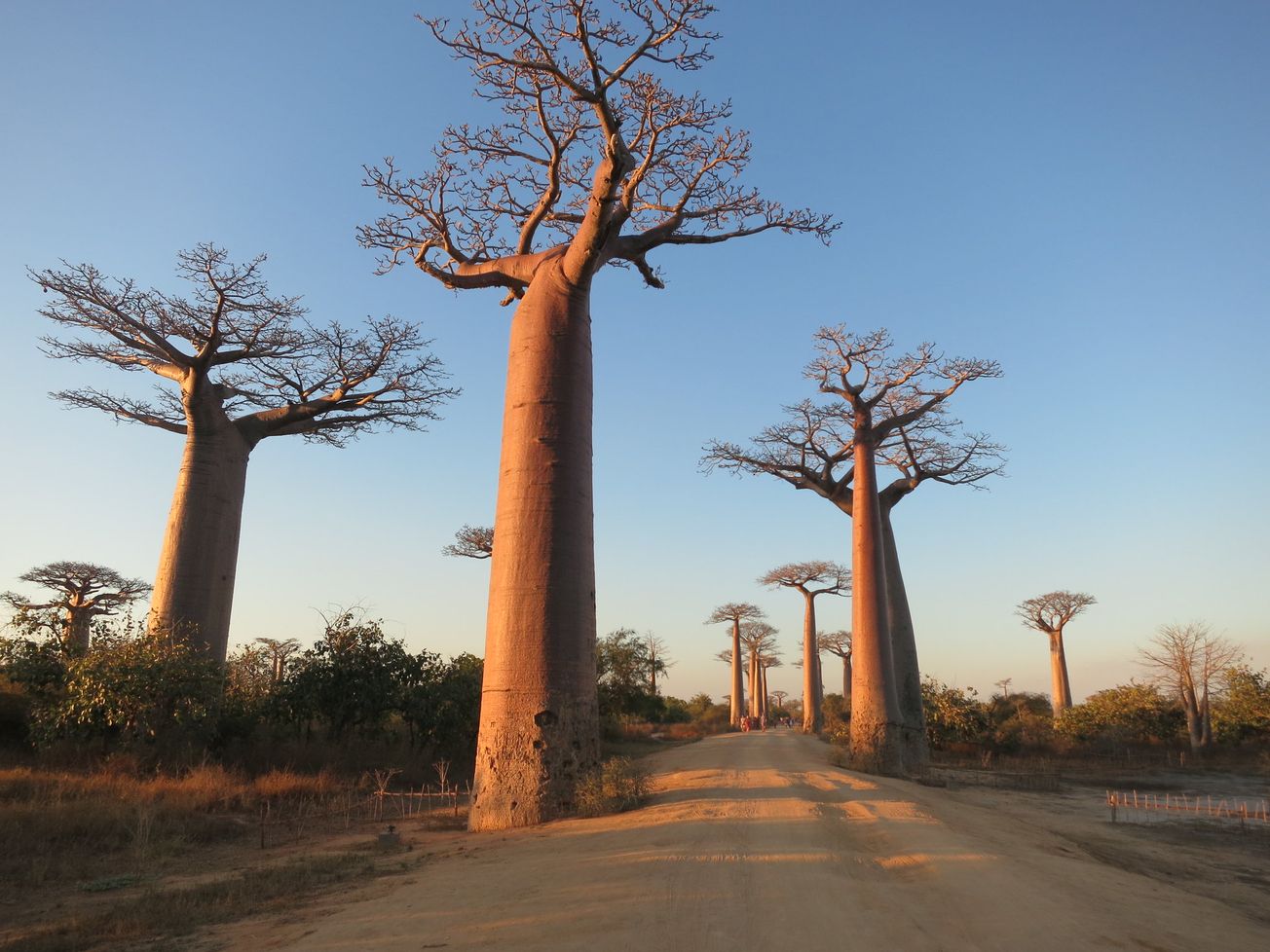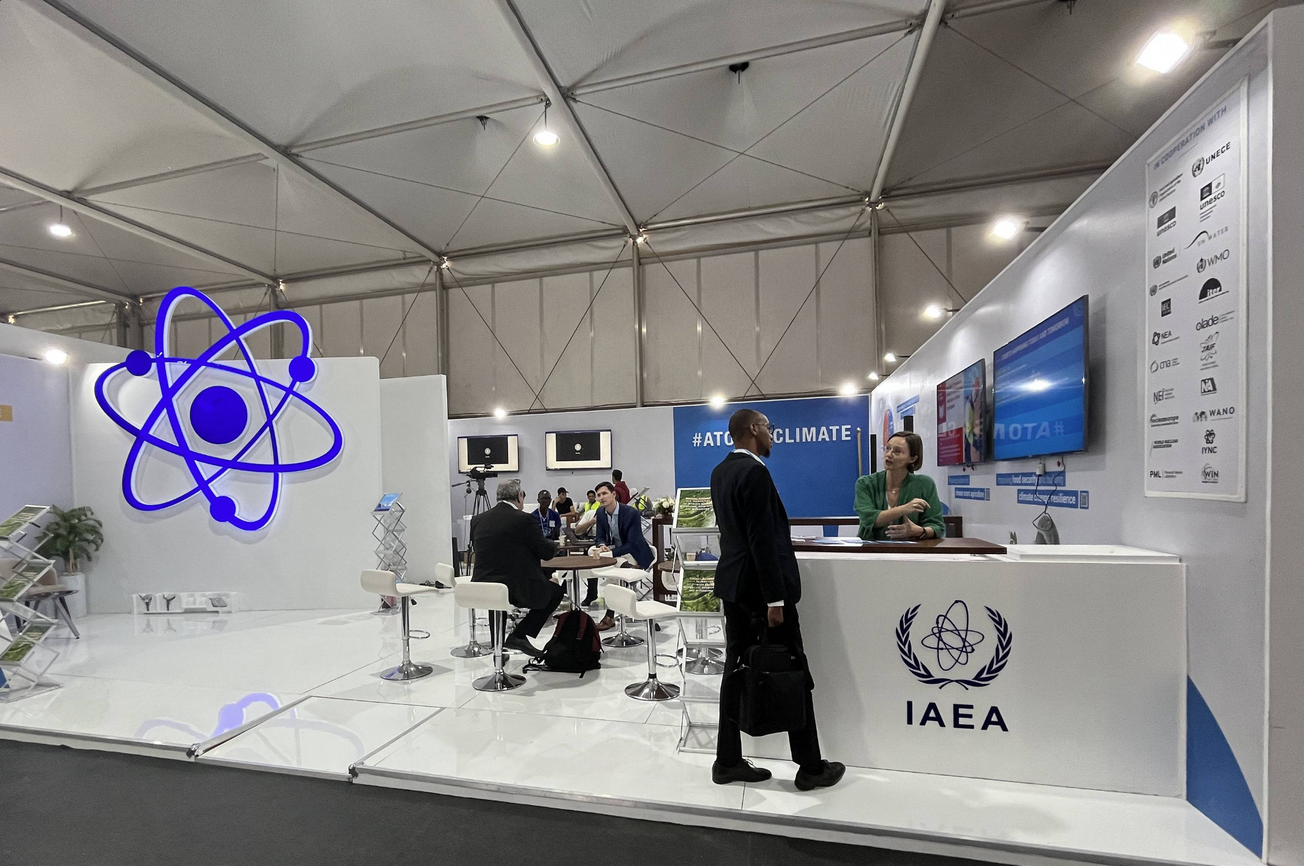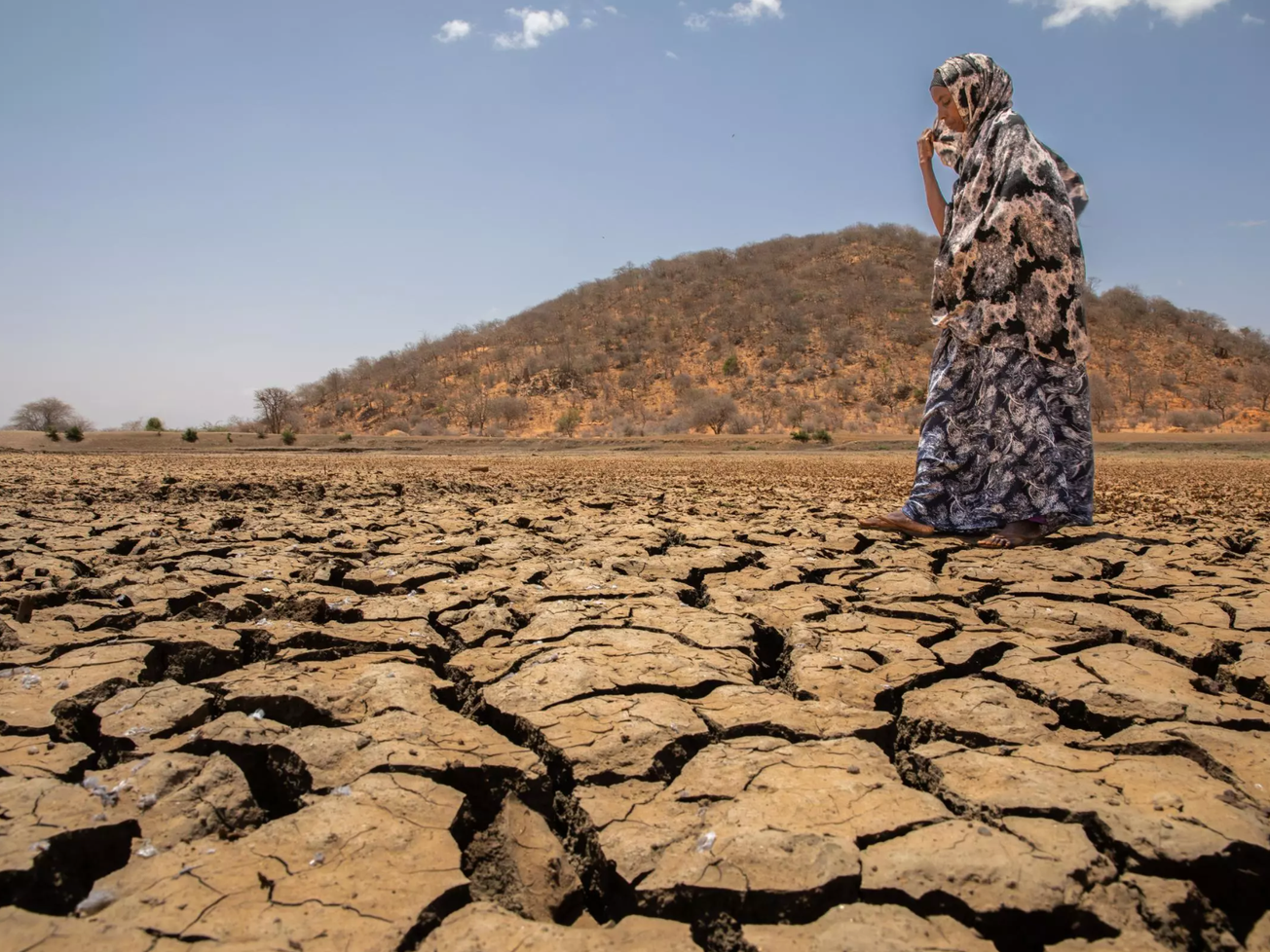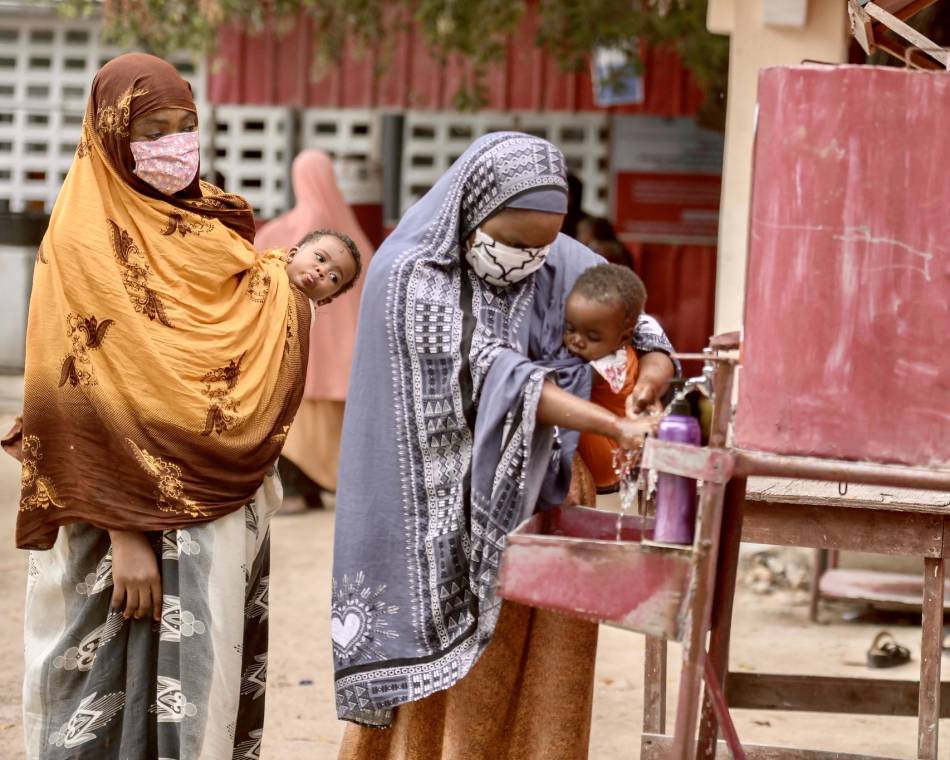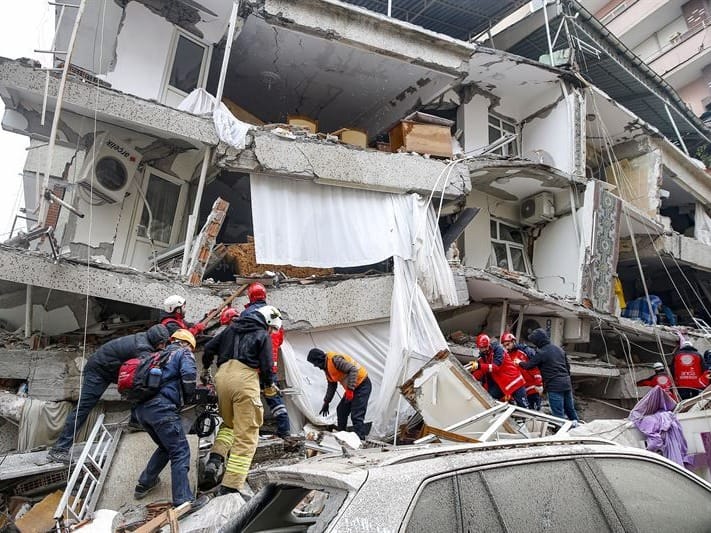
Groups scramble aid as Turkey-Syria earthquake toll reaches 20,000
Fresh snowfall, freezing temperatures and a disrupted cross-border operation added to the despair, frustration and anger.
Already have an account? Log in
Fresh snowfall, freezing temperatures and a disrupted cross-border operation added to the despair, frustration and anger.
Fed by pollution and climate change, strains of bacteria immune to all known antibiotics may become a major cause of death by mid-century.
Chief among the questions over a proposed pandemic treaty is an 'accountability gap' that undermines the proposed treaty's potential.
The rationale for the WHO's proposed pandemic treaty is to erase "gross inequities" between rich and poor that's a scourge of the pandemic.
WHO leaders agree the pandemic may be approaching "an inflection point" of higher immunity resulting in fewer deaths.
Almost half of WHO's `94 member nations said they "still lacked essential elements of preparedness for radiation emergencies."
Despite the temptation to end the pandemic, some leading health experts say it would be better to keep up the pressure.
A lack of feed, fertilizer, financing, food and fuel is blamed for hunger, lack of nutrition and medical issues from conflicts, climate and other factors.
The money is needed for 54 emergencies worldwide that require an "unprecedented" response from donors to provide aid.
WHO is seeking more information from Beijing about the COVID-19 surge in China while many nations impose travel restrictions. The E.U. is offering China free vaccinations.
Attacks targeting medical facilities, personnel and transport are prohibited under international humanitarian law.
The board approved spending $13.7 billion in more than 120 countries over the next three years to fight HIV, TB and malaria.
The U.N. climate summit in Sharm el-Sheikh, Egypt gives industry and agency leaders an opportunity to champion nuclear power's possibilities.
Drought, floods, disease outbreaks and a global food crisis add pressure for real action at the U.N. climate summit in Egypt.
Concerns are rising about the risk of a "twindemic" of COVID-19 and influenza as their seasons collide this winter.
Health care for women and children suffered major setbacks from multiple crises in recent years, requiring serious investment in public health resources.
